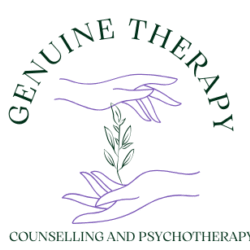Untangling the Web of Relationships: Part 2 Resentment
Imagine a scenario where resentment festers, anxiety thrives, and attachment feel insecure. Depending on the context of your relationships, this may be easy to imagine. Relationships are the tapestry that interweaves our lives, shapes our experiences and influences our emotional well-being. However, as cracks appear, it is important to recognize the underlying issues contributing to …
